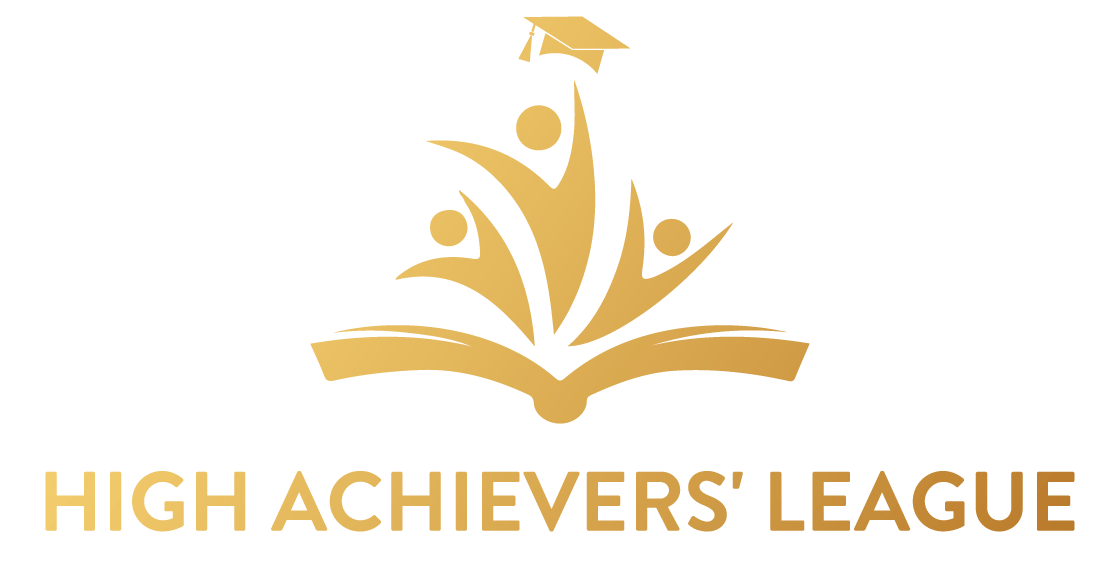
There are reasons why you can prepare for the GRE and do well in the test. First of all, vocabulary makes an important part of the Verbal section of GRE. Text Completion and Sentence Equivalence sections are based on vocabulary. Learning the meaning of new words, rather GRE words, is very much possible if you dedicate some time to it everyday. The key is to pick-up some words form GRE books every day and use them in sentences in a register kept for the purpose. As you know new words daily, keep revising the old words so that you do not forget them.
Second, there are ways to learn new techniques for reading. For instance, some GRE passages are pretty long: it is a good idea to read every four or five lines carefully in the start of a paragraph that tells you about the main an idea, structure and tone of the paragraph while skimming through the rest. Go to the next para and repeat the process until you reach the last paragraph and find the conclusion.
Third, the Quantitative section can be mastered by knowing the basic formulae that often appear in GRE and then practice as much as possible. The test has the same level of Math, if not less, that you experienced in your A-Levels. There is no Trigonometry involved which should be a relief to many.
Fourth, there are techniques that can be used in both Verbal and Quantitative sections to increase the number of correct answers. For instance, use the Process of Elimination (POW), use formulas where required, don’t get into lengthy calculations if the answer is obvious and use common sense.


